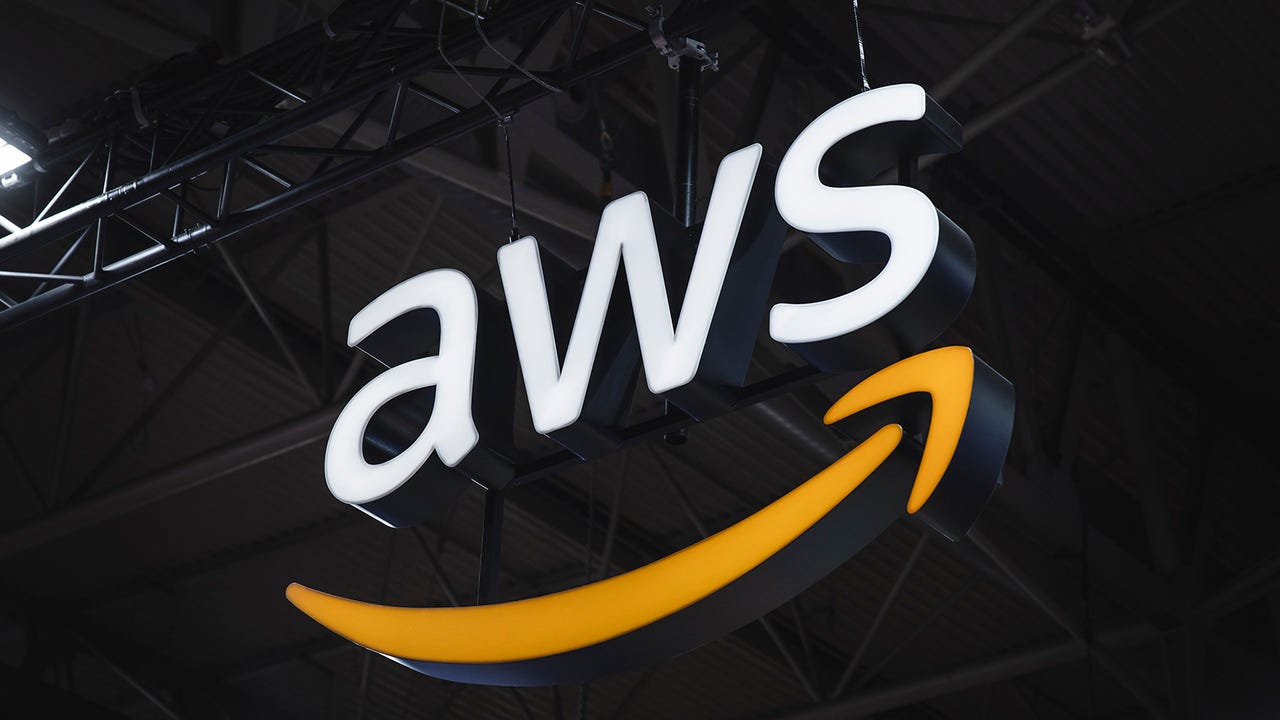AWS unveils Modular Data Center for Pentagon's $9bn JWCC deal


Amazon Web Services (AWS) has announced the AWS Modular Data Center as one of its first offers to the Pentagon for its recently finalized Joint Warfighting Cloud Capability (JWCC) contract.
Formerly Microsoft's exclusive $10 billion JEDI contract, the Pentagon in December announced JWCC as a multiple-award contract that is open to AWS, Microsoft, Google, and Oracle.
Also: Unlock your trapped data: Driving insights from edge-to-cloud
AWS has only revealed a 3D rendering of its Modular Data Center (MDC), which is designed to support AWS Outposts or Snowball Edge devices. However, the cloud giant says that MDC can be delivered by ship, rail, truck, or via military cargo aircraft to US government customers who are eligible for a JWCC contract.
Cloud
Microsoft hasn't unveiled any specific JWCC offerings yet, but in 2021 it unveiled its MDC as an Azure-in-a-shipping-container offering. Unlike conventional container data centers, the Azure MDC uniquely runs an Azure OS, with familiar APIs, resource management, and a cloud portal. Azure MDC units were then in "early use" with defense and private sector organizations.
Microsoft saw big demand for deploying small-footprint data centers quickly to run optimized edge scenarios with a public cloud app model when a data center is not available or would take a long time to set up.
AWS has a similar proposal with its AWS MDC, which provides AWS services and APIs to run low-latency applications from remote locations. Since it's self-contained, the only requirement on site is power, but it will need networking if using AWS Outposts.
For Disconnected, Disrupted, Intermittent, or Limited (DDIL) environments, the AWS MDC can be equipped with Snow Family devices to run workloads using a "scoped subset of AWS services", even when disconnected, AWS notes.
Also, AWS MDCs can use satellite communications for network connectivity.
On the satellite front, Microsoft Azure Space and AWS and Amazon's Project Kuiper in November were awarded contacts with the US military's Defense Innovation Unit's Hybrid Space Architecture (HSA) prototype project.
HSA looks to use a mix of commercial communication satellites with its own space assets in multiple orbits to provide secure space internet connectivity for commercial, civil, and military users. While SpaceX wasn't directly awarded an HSA contract, it is a key part of Microsoft's Azure Space service. In September, Microsoft announced the preview of Azure Orbital Cloud Access as part of Azure Space, and a bridge to integrated 5G and satellite communications. SpaceX's Starlink satellites provide Azure Orbital Cloud Access customers with prioritized network traffic.
Project Kuiper is aiming to launch its first two prototype Kuiper satellites by the end of this month. Earlier this month, the FCC approved its plans to launch 3,236 satellites after considering objections raised by SpaceX over collision and debris risks.
Also: The best cloud storage services: Are free ones worth it?
The AWS MDC service is supported in AWS GovCloud (US-West) Region and AWS GovCloud (US-East) Region.
"As the digital battlefield continues to evolve, our defense customers increasingly need access to cloud capabilities at the tactical edge, including DDIL environments all over the world," said Liz Martin, director of the defense business at AWS.
"With AWS Modular Data Center, we are converting data centers from fixed infrastructure that is difficult to build and manage in remote environments, to a comprehensive service that is simple to use, secure, cost-effective, and can respond to large-scale compute and storage needs wherever the mission demands."